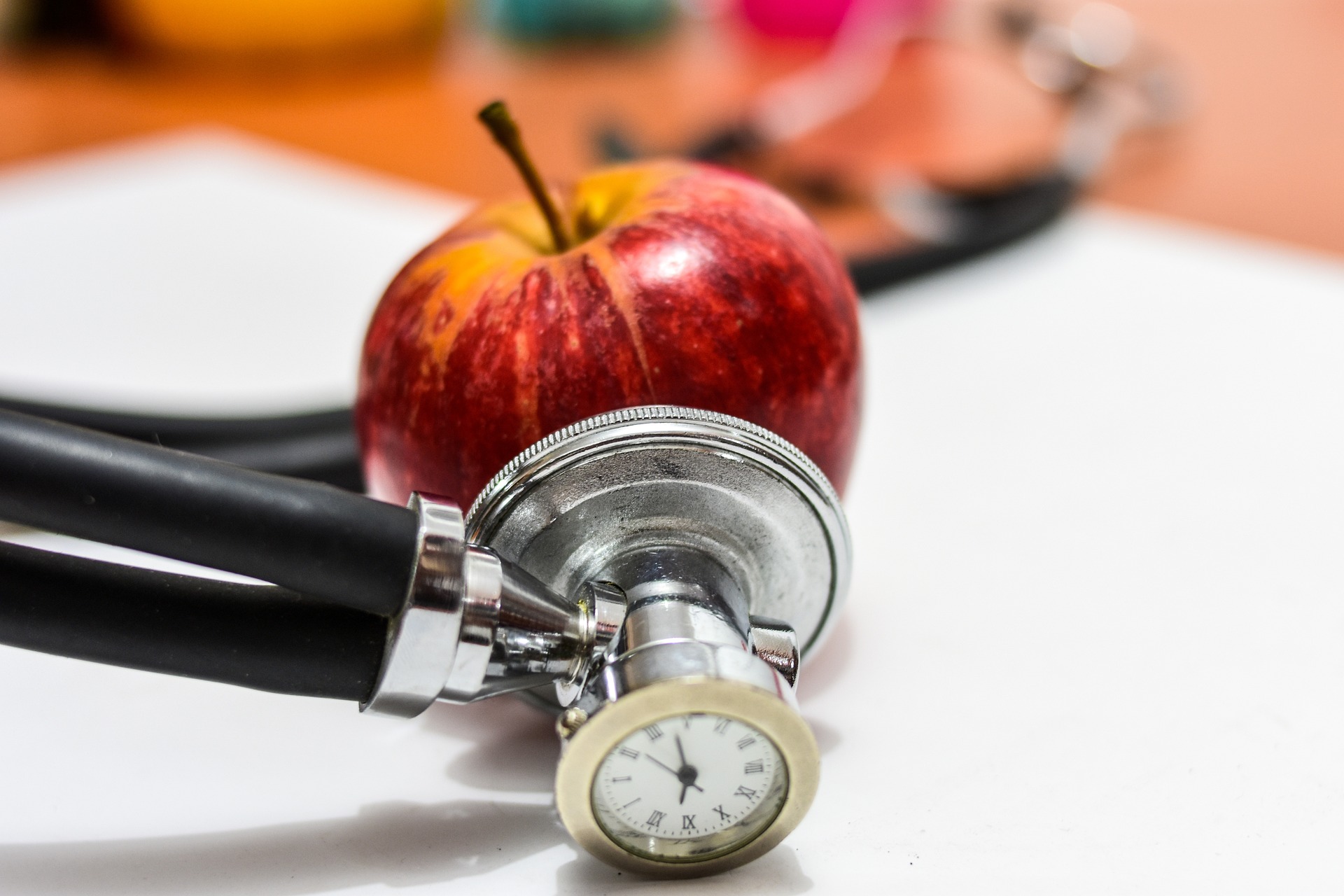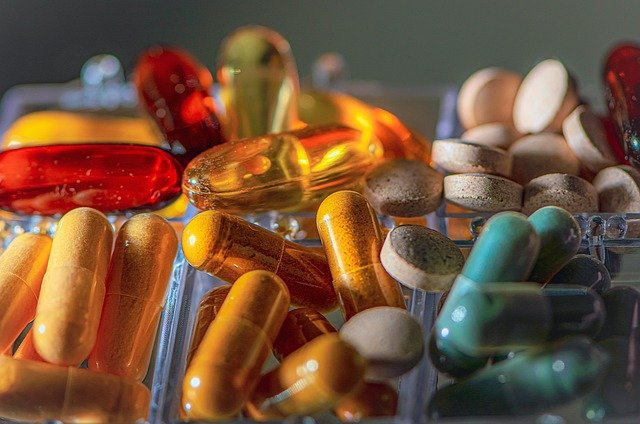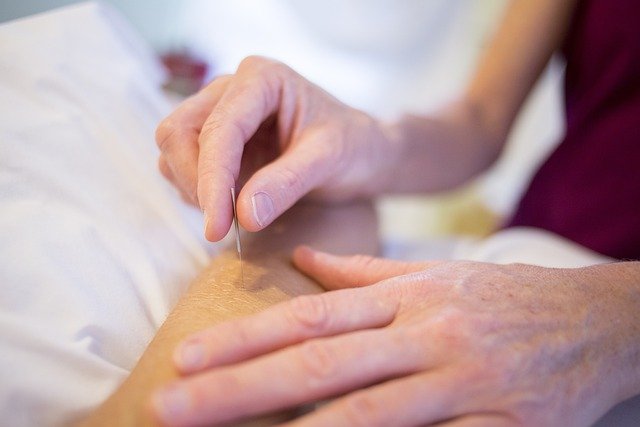Arteriosclerosis: Understanding and Managing Clogged Arteries
Support heart health by keeping your arteries clean with lifestyle changes like a balanced diet, regular exercise, and quitting smoking. Foods rich in fiber, antioxidants, and healthy fats can also help reduce cholesterol and support healthy circulation.

What Causes Clogged Arteries?
Arteries become clogged through a process called atherosclerosis, the most common form of arteriosclerosis. This begins when damage occurs to the inner lining of an artery, often due to high blood pressure, smoking, elevated cholesterol, or inflammation. When damage occurs, the body attempts to repair it by sending cholesterol and other substances to the site. Unfortunately, these substances can accumulate over time, forming plaque deposits on artery walls. Risk factors include aging, family history of heart disease, poor diet high in saturated fats and trans fats, physical inactivity, obesity, diabetes, and chronic stress.
Signs and Symptoms of Arteriosclerosis
In its early stages, arteriosclerosis typically produces no symptoms, which is why it’s often called a “silent killer.” As the condition progresses and significantly narrows arteries, symptoms may develop depending on which arteries are affected. Clogged coronary arteries can cause chest pain (angina) or shortness of breath during physical activity. When arteries to the brain are affected, symptoms might include weakness, difficulty speaking, vision problems, or severe headaches. Poor circulation in leg arteries often manifests as cramping pain during walking (claudication). By the time symptoms appear, the disease is usually in an advanced stage, highlighting the importance of preventive measures.
Effective Ways to Clean Arteries Naturally
Certain lifestyle changes and dietary choices can help reduce plaque in arteries and improve cardiovascular health. Regular physical activity (at least 150 minutes of moderate exercise per week) helps maintain healthy circulation and blood pressure. A heart-healthy diet rich in fruits, vegetables, whole grains, and lean proteins supports arterial health. Specific foods have shown promise in helping clean arteries naturally, including fatty fish rich in omega-3 fatty acids, nuts, olive oil, avocados, leafy greens, berries, and foods rich in soluble fiber like oats and beans. Garlic, turmeric, green tea, and pomegranates contain compounds that may help reduce inflammation and improve arterial function.
Medical Approaches to Reduce Plaque in Arteries
When lifestyle modifications aren’t enough, healthcare providers may recommend medical interventions to reduce plaque buildup. Medications are typically the first-line treatment, including:
-
Statins to lower cholesterol levels
-
Blood pressure medications to control hypertension
-
Aspirin or other antiplatelet medications to prevent blood clots
-
Medications to control diabetes
For more severe cases, procedural interventions might be necessary. Angioplasty involves inserting a catheter with a balloon tip to compress plaque against artery walls, often followed by placing a stent to keep the artery open. In cases of significant blockage, bypass surgery may be recommended, creating an alternative route for blood flow around the blocked artery. Regular monitoring through various diagnostic tests allows healthcare providers to track the progression of arteriosclerosis and adjust treatment plans accordingly.
How to Maintain Clean Arteries Long-Term
Maintaining arterial health requires consistent lifestyle habits. Quitting smoking is perhaps the single most important step, as tobacco use significantly accelerates plaque buildup. Stress management techniques like meditation, yoga, or deep breathing exercises help reduce chronic inflammation that contributes to arterial damage. Maintaining a healthy weight reduces strain on the cardiovascular system, while limiting alcohol consumption prevents additional stress on arteries. Regular health screenings are vital for monitoring cholesterol levels, blood pressure, and blood sugar—all factors that affect arterial health. Even small, sustainable lifestyle changes can make a significant difference when maintained over time.
Preventing Arteriosclerosis in High-Risk Individuals
For those with family history or existing risk factors for arteriosclerosis, prevention becomes especially crucial. More aggressive lifestyle modifications and closer medical supervision may be necessary. Working closely with healthcare providers to establish personalized prevention plans based on specific risk profiles is essential. This might include more frequent health screenings, stricter dietary guidelines, or preventive medications. Genetic testing can sometimes provide insights into individual risk levels, guiding more targeted prevention strategies. Support groups and education programs can provide valuable resources for those looking to make sustainable lifestyle changes to protect their arterial health.
This article is for informational purposes only and should not be considered medical advice. Please consult a qualified healthcare professional for personalized guidance and treatment.




